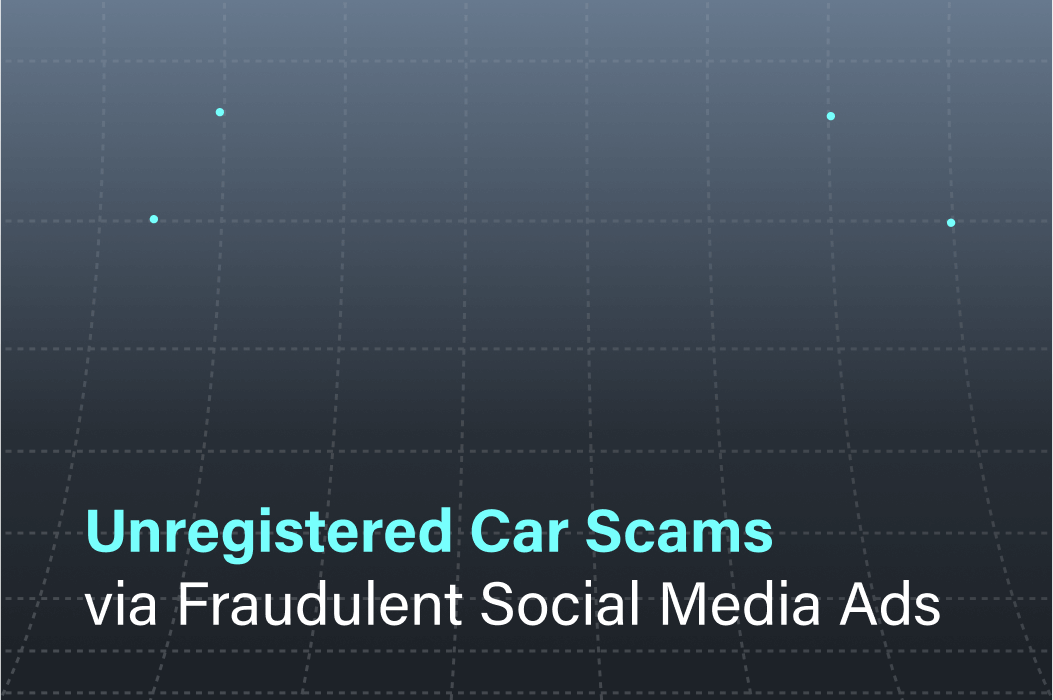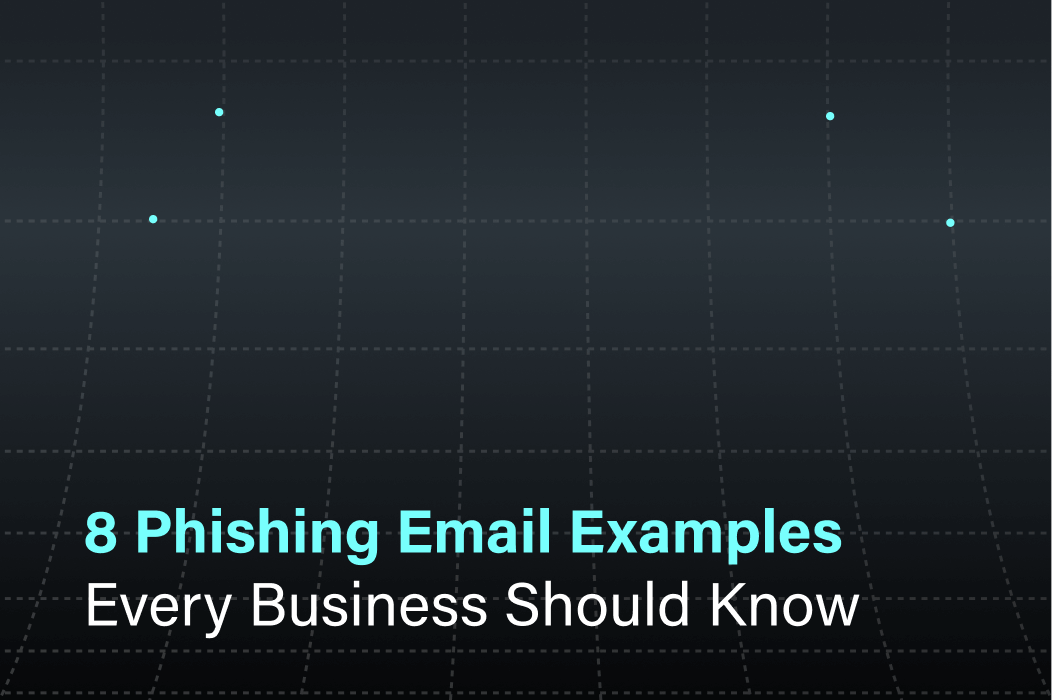Unregistered car sales on platforms like Facebook Marketplace have become a pervasive issue, raising significant concerns about legality and potential fraud.
A 2023 study by UK bank TSB found that 34% of all ads on the marketplace were fraudulent. Proliferation of these scams has only increased since.
Doppel’s detections team has recently observed widespread use of fraudulent ads for selling or reselling unregistered cars of all types globally. These ads, while sometimes appearing innocuous, can indicate various illicit activities.

According to Matt Kaneb, a software engineer on the Doppel detections team, there are several potential implications of these unregistered car sales.
“Car companies are directly affected. These sales often bypass licensed distributors, diverting revenue away from established manufacturers like Toyota or Nissan,” Kaneb said. “This undercutting of the official sales channels can lead to financial losses for these companies.”
Additionally, government agencies, particularly those related to customs and border patrol, have a vested interest in monitoring these transactions. Unregistered vehicles might be sold to avoid import duties or tariffs, representing a form of tax evasion. Also, and most concerningly, there is a risk that these unregistered cars are stolen. This poses a serious threat and requires the attention of law enforcement agencies.
How to Identify Car Scams on Social Media Platforms
Identifying these scams is relatively straightforward.
The Facebook ad library, which provides a public directory of ads on the platform, can be searched using keywords like "unregistered cars" or specific makes like "unregistered Mercedes." This simple search reveals numerous such ads. Reporting these ads is equally simple, either through Facebook's API or by manually reporting them.
Many of these ads may be taken down without direct involvement from car manufacturers, but the sheer volume makes monitoring and action challenging.

Kaneb emphasized that the ease of finding these scams does not diminish their significance.
“Despite the simplicity of the search, brand representatives may not have the time or resources to conduct these searches and automate takedowns,” Kaneb said. “The volume of these scams makes them successful, as only a small percentage of people need to fall for them for the scammers to profit.”
According to Kaneb, fraudsters’ objectives and methodologies may include the following – all of which should add to consumer skepticism on the marketplace:
- Car is Stolen: The car was stolen locally or abroad, then shipped to a different country to be resold.
- Tariff or Import Tax Evasion: Sellers might be avoiding steep import duties by selling the cars before officially registering/importing them
- Gray Market Imports: These are legal-ish imports that weren’t officially brought in by the manufacturer or dealer, skipping licensed distributors and taking money out of car companies’ pockets.
- Scam Listing: There is no car actually for sale, you're just getting scammed
.

While the methods for identifying these scams may be simple, the implications of these fraudulent ad scams are significant, affecting car companies, government agencies, and ultimately consumers.
Raising awareness and educating the public is crucial in combating this issue and protecting individuals from potential fraud. Doppel’s findings shed light on the prevalence and nature of these scams, underscoring the need for vigilance and proactive measures.
For more on how Doppel can help you protect your brand from fraudulent ads, visit doppel.com/request-a-demo.

